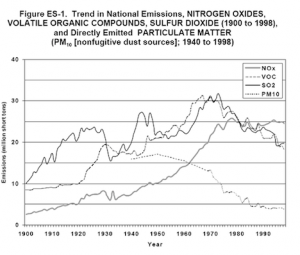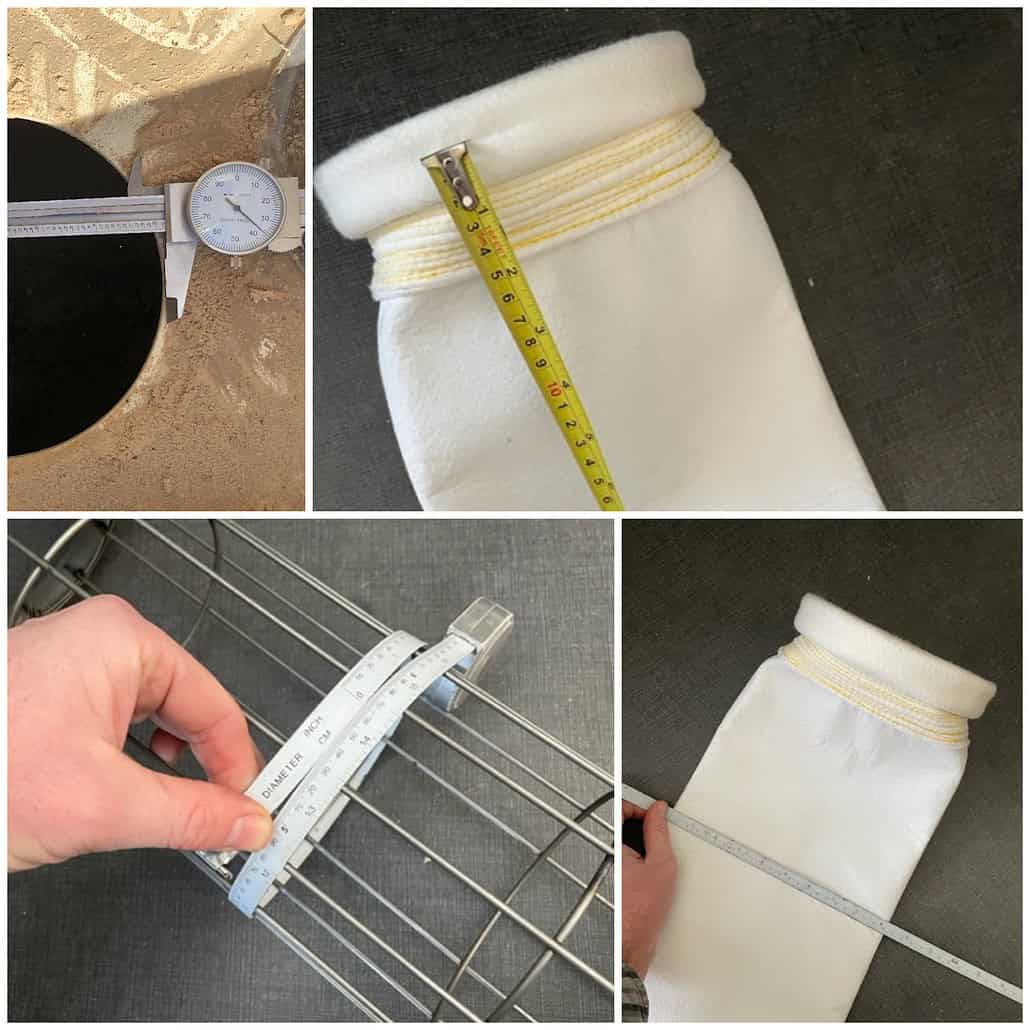Editorial By Dominick DalSanto
Environmental Technologies Expert & Author
Baghouse.com
With recent battles on Capital Hill in Washington D.C. regarding the EPA’s (Environmental Protection Agency) increasing impact on the nation’s economy, many questions are being raised as to the effectiveness of governments having a active role in environmental affairs.
One particularly interesting, and controversial question that has been raised by some is: What would our world’s air quality be without governmental environmental regulation?
Opponents of tougher emissions regulations, and environmental regulations in general, are beginning to question whether government agencies like the EPA are really needed at all.
Conservatives Weigh in on EPA Claims
Recently a conservative think tank organization named the Heritage Foundation, released a report claiming that had the U.S. Clean Air Act never been passed by the U.S. Congress in 1970, industry itself would eventually have taken steps to correct the nation’s growing environmental problems, in part due to technological advancements, and corporate ethics.
A direct quote from the report states:
It is simply preposterous to assume that air quality would worsen unabated over the course of 30 years in the absence of a particular statute. History has proven otherwise, of course. Long before the original CAA [Clean Air Act] was enacted in 1963, industrial emissions were declining as a result of technological advances and efficiency improvements. And both factors, as well as others, will continue to drive environmental improvements regardless of regulation
The paper also claims that by 1970, emissions were already declining on their own, before the first governmental clean air legislation came into effect. This they claim proves that the EPA and similar governmental regulatory bodies similar to it, are not necessary. They claim they only hurt industry and therefore the economies of their respective nations, by requiring new technologies to be installed, and issuing fines for violations.
Additionally, the Heritage Foundation claims that the estimates found in the EPA’s report to Congress are grossly inaccurate, lack any reasonable way to verify its claims, and even admits that its statistics and figures cannot be verified.
The EPA report states that in 2010 the Clean Air Act amendments of 1990 resulted in approximately $1.3 trillion in public health and environmental benefits, for a cost of only $50 billion. That’s a value worth more than 9% of GDP, for a cost of only .4% of GDP. And that in 2020 that figure will increase to approximately $2 trillion in benefits, at a cost of $65 billion. That’s a value worth more than 14% of today’s GDP, for an expenditure of only .46%. The ratio of benefits to cost is more than 30 to 1.
Environmentalists Strike Back

Proponents of the Clean Air Act, and similar environmental regulations, point to air pollution rates such as shown here, to prove that the CCA has succeeded in reducing air pollution since then 1970s.
In short order, dozens of environmentalist organizations, and activists have attacked the conclusions of the Heritage Foundations report. One such article from Switchboard.nrdc.org which is the staff blog of the Natural Resources Defense Council, a leading environmental activist organization, alleges that the Heritage Foundations accusations are completely baseless. They counter that the conclusions of the Heritage Foundation are contradictory in nature, and the product of the industrial sector and right-wing political agenda.
For example the Heritage Foundation article comments that it believes that the EPA estimates are incorrect because the claims made in the report allegedly can not be corroborated. The NRDC article counters that the EPA report is in fact the product of extensive peer-review, and that the Heritage Foundation article’s only source is “a report from one non peer-reviewed study by the Mackinac Center for Public Policy, a free market think tank that, according to IRS data, is funded almost exclusively by corporate and conservative foundations (e.g. oil giants ExxonMobil and the Koch brothers). When asked by Detroit’s Metro Times in 1996 on funding sources, the Center’s President Lawrence Reed said: “Our funding sources are primarily foundations … with the rest coming from corporations and individuals,” but that “… revealing our contributors would be a tremendous diversion…”
Are Emissions Regulations Really Required?
The facts are undeniable that with stricter environmental/emissions standards has come cleaner air for all. To try and say that these regulations are not needed, and that companies, and industry in general will act to reduce the environmental damage they are inflicting on our earth is simply willful blindness. That conclusion ignores a fundamental truth about business and human nature in general; namely that profits come first, every time.
This is not meant to imply that seeking profits first is inherently unethical in some way. In fact the point of any business venture is to gain profit. Nor does this mean that there are not companies that do place a high value on environmental responsibility. Neither does it mean that governmental regulation and legislation are without flaws, or that they are only force that is working towards reducing pollution. However, even in today’s world with increasing attention being given to environmental issues by the public at large, the largest motivating factor for industry in general to reduce its environmental footprint remains the financial benefit.
For us in the dust collection industry, this means that sales efforts always need to remain focused on presenting how our dust collectors, Baghouses, and other pollution control technologies will result in savings/increased profits for the customer.
Sources:
http://switchboard.nrdc.org/blogs/ljohnson/the_heritage_foundations_criti_1.html
What Do You Think?
We would love to hear your comments on this subject. Please leave your comments below, and share in the discussion.
About the Author
| Dominick DalSanto is an Author & Environmental Technologies Expert, specializing in Dust Collection Systems. With nearly a decade of hands-on working experience in the industry, Dominick’s knowledge of the industry goes beyond a mere classroom education. He is currently serving as Online Marketing Director & Content Manager at Baghouse.com. His articles have been published not only on Baghouse.com , but also on other industry related blogs and sites. In his spare time, Dominick writes about travel and life abroad for various travel sites and blogs.






